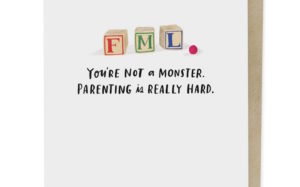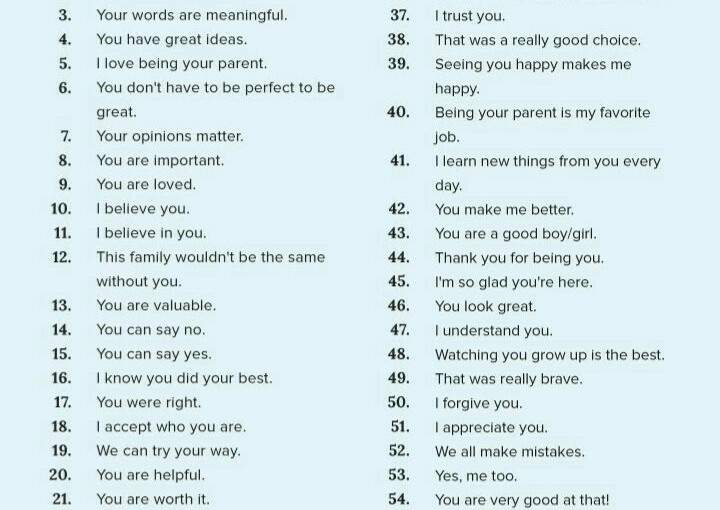
If there’s one book that has completely changed the way I parent it’s The Whole-Brain Child: 12 Revolutionary Strategies to Nurture Your Child’s Developing Mind, Survive Everyday Parenting Struggles, and Help Your Family Thrive by authors Daniel J. Siegel, M.D. and Tina Payne Bryson, Ph.D. Before I read this book Sam and I felt somewhat lost as parents, when Parker would throw a fit we would often resort to yelling or putting him in a time-out. Parker would be so angry, he’d kick and scream, and at the worst, he’d bite or scratch us. We knew we weren’t doing something right, but what was it?
The Whole Brain Child explains in layman’s terms how the brain works. As it states in the introduction, “While the book is certainly scientifically based, you aren’t going to feel like you’re in science class or reading an academic paper. Yes, it’s brain science, and we’re absolutely committed to remaining true to what research and science demonstrate. But we’ll share this information in a way that welcomes you in, rather than leaving you out in the cold.”
Chapter 1 starts off by talking about parenting with the left and right side of the brain in mind. What’s going on inside our brains? How do the different parts of our brain work together? First, there’s the left side of the brain that helps you think logically. Then, there’s the right side of the brain that’s more emotion based. If our goal is to help our children use their whole brain, both their left-brain logic and their right-brain emotion should integrate, and we should provide our children with experiences where they can create connections between the different parts. Why isn’t integration easy? Because our children’s brains haven’t had time to develop. A person’s brain isn’t considered fully developed until the mid-twenties!
Chapter 2 goes into how to integrate the left and the right hemispheres. The left brain loves order, it’s logical and literal. The right side is more intuitive and emotional. Now here’s the interesting part. “In terms of development, very young children are right-hemisphere dominant, especially during their first three years.” They live completely in the moment, unable to use logic and words to express their feelings. As they grow older, when they’re conflicted, they may still start off with emotion. So first, you connect your right side of the brain to theirs by asking your child to explain what he’s feeling and then you echo back their emotions. That way, they feel as though you understand them, that they’re being heard. “When a child is upset, logic often won’t work until we have responded to the right brain’s emotional needs. We call this emotional connection ‘attunement,’ which is how we connect deeply with another person and allow them to ‘feel felt.'”
After that part, we redirect to the left side. This means we logically explain to them why things can’t be and/or provide realistic alternatives. This is the time to talk about their behavior and when we can discuss solutions. It’s called “connect and redirect” and though it won’t always work, especially when your child is past a point of no return or is overly tired and hungry, it’s a thoughtful way to parent.
Here’s an example of how we used this technique recently. Parker was going to sleep over at his grandma’s house but forgot to bring his bag of candy. He wanted to give a piece to grandma. As we were approaching her house he started to scream, “Go back! I forgot my candy! I have to give a piece to grandma!” It seemed like no big deal to us but to Parker it meant everything. Instead of turning the car around or telling him, “No way” we said, “Parker, you really want to give halmuni (grandma in Korean) some candy, don’t you? You think she’ll like it right?” He nodded yes. Then Sam said, “Well, halmuni can’t have too much sugar because too much sugar is bad for you.” To which Parker replied, “Ok, I understand.” It worked! There was no screaming and he didn’t throw a fit.
There are many more tips on how to parent in this book but I wanted to share the “connect and redirect” approach because it’s been effective in my family! After we connect with Parker on an emotional level, we then reason with him on a logical one and it seems to calmly resolve our problems. In fact, it’s been a full week since we started implementing this technique and we haven’t had one major blow up.
Have you read this book? What did you think of it?









0 comments